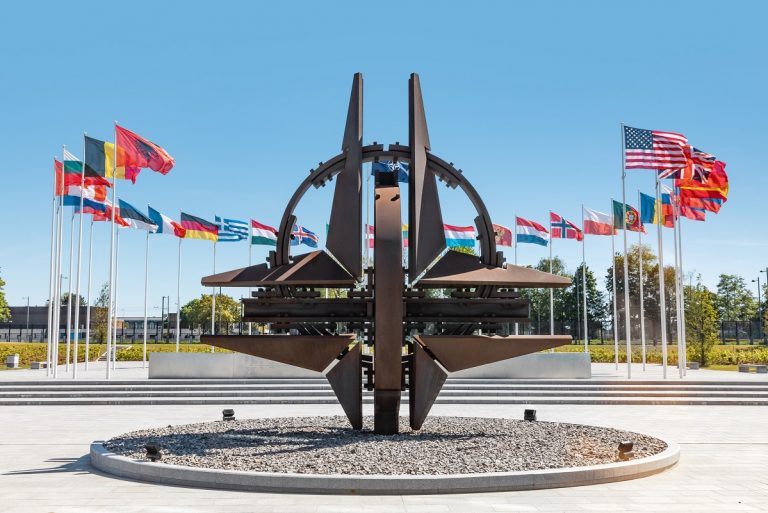The NATO summit in Brussels on June 14th brought together 30 leaders from NATO member states, to discuss future strategies and partnership. The leaders expressed solidarity with the Czech Republic for the recent tensions with Russia regarding the Vrbětice case. Photo Credit: Freepik / Illustrative Photo.
Czech Rep., June 17 (BD) – The NATO summit in Brussels on June 14th brought together 30 leaders from NATO member states, to discuss future strategies and partnership. US President Joe Biden’s first NATO summit emphasised the strong alliance across the North Atlantic, and leaders expressed solidarity with the Czech Republic for the recent tensions with Russia regarding the Vrbětice case.
During the summit, NATO leaders expressed concerns over Russia’s growing hostility towards NATO members, and called for Russia to remove the Czech Republic and the United States from the list of countries that are not friendly to Russia. The leaders also said that Russia’s military activities in the alliance’s neighborhood, along with cyberattacks against member states, were worrying developments that should be laid on the table. “It also includes illegal and destructive activities by Russian Intelligence Services on Allied territory, some of which have claimed lives of citizens and caused widespread material damage. We stand in full solidarity with the Czech Republic and other Allies that have been affected in this way,” read the meeting communiqué.
NATO leaders also confirmed that the Alliance would continue to train and support the Afghan army even despite the withdrawal of the US-led NATO forces from Afghanistan. Jiří Ovčáček, spokesman for the Czech President Miloš Zeman, stated that the president was critical of NATO’s withdrawal from Afghanistan. No information has been published regarding whether Zeman thanked NATO leaders for standing with the Czech Republic in the dispute with Russia. Zeman left immediately at the end of the summit without speaking to journalists.
Leaders also pledged to sustain support for Ukraine and Georgia in order to bring them closer to NATO, and called on China to fulfill its responsibilities in the international system. They agreed on the growing need to address the challenges posed by China’s growing impact on international politics, and to communicate with China to defend NATO’s security interests. The Alliance agreed on the NATO 2030 agenda to ensure that the Alliance would be able to face the challenges of the present and the future, which includes broadening political consultation, improving collective defence, development of NATO’s technological advantage, sustaining the rule-based international order, and fulfilling responsibilities on the security impact of climate change.







